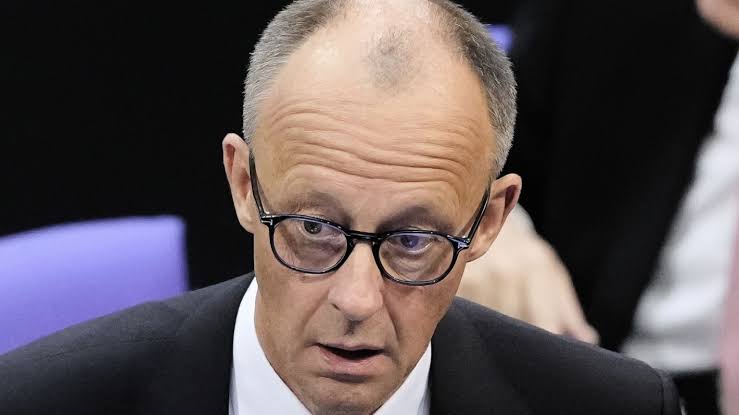
In a surprising turn of events, Friedrich Merz, leader of the German conservative bloc, was unable to secure the necessary parliamentary majority to become Chancellor in a vote held on Tuesday. This setback for his newly formed coalition with the center-left Social Democrats has injected uncertainty into the German political landscape.
The initial vote’s outcome triggered a noticeable reaction in financial markets:
- Germany’s blue-chip stock index experienced a decline of nearly 2%.
- The broader European stock market index decreased by approximately 0.85%.
- Mid-cap stocks focused on the domestic German market saw a significant drop of almost 3%.
- The euro, after initial gains against the US dollar, traded flat at $1.1230. It also weakened by 0.34% against the Japanese yen, trading at 162.1.
- German government bonds exhibited a limited response, with the 10-year yield increasing slightly by 2 basis points to 2.54%.
Analysts are closely monitoring the situation, offering varied perspectives on the potential implications:
- David Zahn, Head of European Fixed Income, Franklin Templeton (London): Downplayed immediate concerns, suggesting the vote reflects political maneuvering within the coalition. He anticipates further votes and believes the situation will stabilize. Zahn also suggested that Merz’s pro-growth economic policies could ultimately benefit Germany.
- Richard McGuire, Head of Rates Strategy, Rabobank (London): Argued that Germany’s fiscal policy may be evolving, potentially allowing for increased government spending. He interpreted the market reaction as suggesting that Merz’s initial failure is a temporary obstacle rather than a fundamental shift in political direction.
- Carsten Brzeski, Global Head of Macro Research, ING (Frankfurt): Noted the delayed market reaction, indicating that the government needs to solidify support for its policies. He sees the failed vote as a sign of internal disagreement within the CDU regarding fiscal strategy.
- Holger Schmieding, Chief Economist, Berenberg (London): Described the outcome as a “significant negative,” highlighting the lack of unity within the coalition, which could hinder policy implementation. However, he still expects Merz to be elected eventually.
- Stefan Koopman, Senior Market Economist, Rabobank (Amsterdam): Believes the market anticipates Merz’s eventual confirmation as Chancellor. He pointed out that under Germany’s constitutional rules, Merz could still succeed in a later round of voting, even with a relative majority. Koopman cautioned that Merz’s low approval ratings and the rise of the Alternative for Germany (AfD) party present challenges.
The inability to elect a Chancellor has introduced a degree of uncertainty into Germany, a key player in the European and global economy. The coming days will be crucial in determining the future direction of German politics and its potential impact on international markets.



